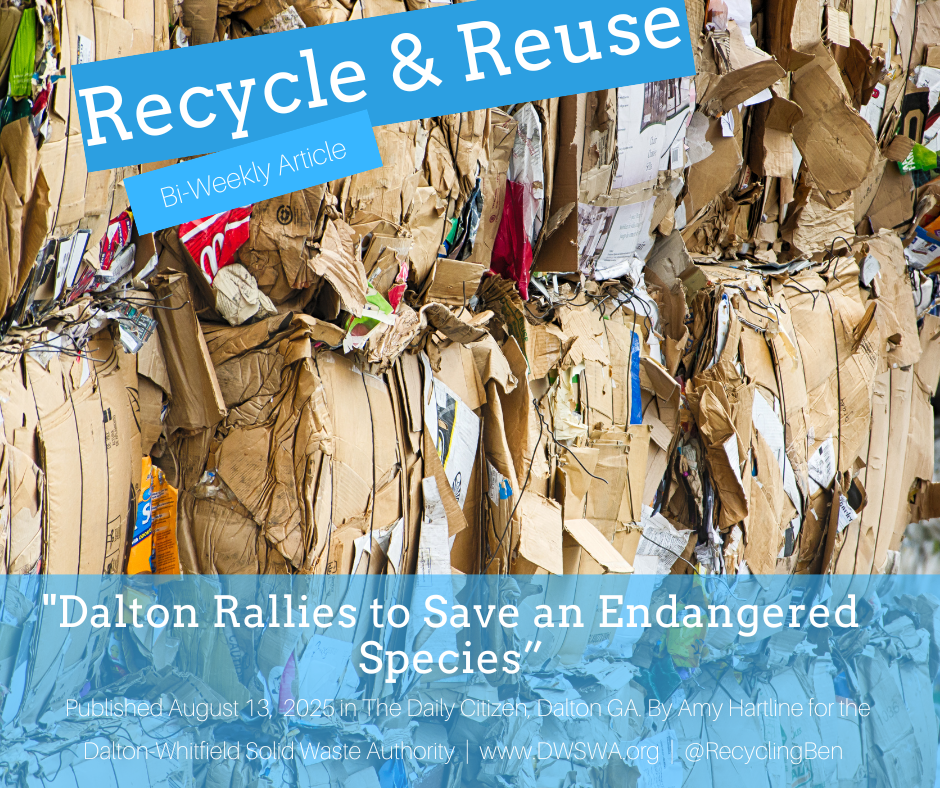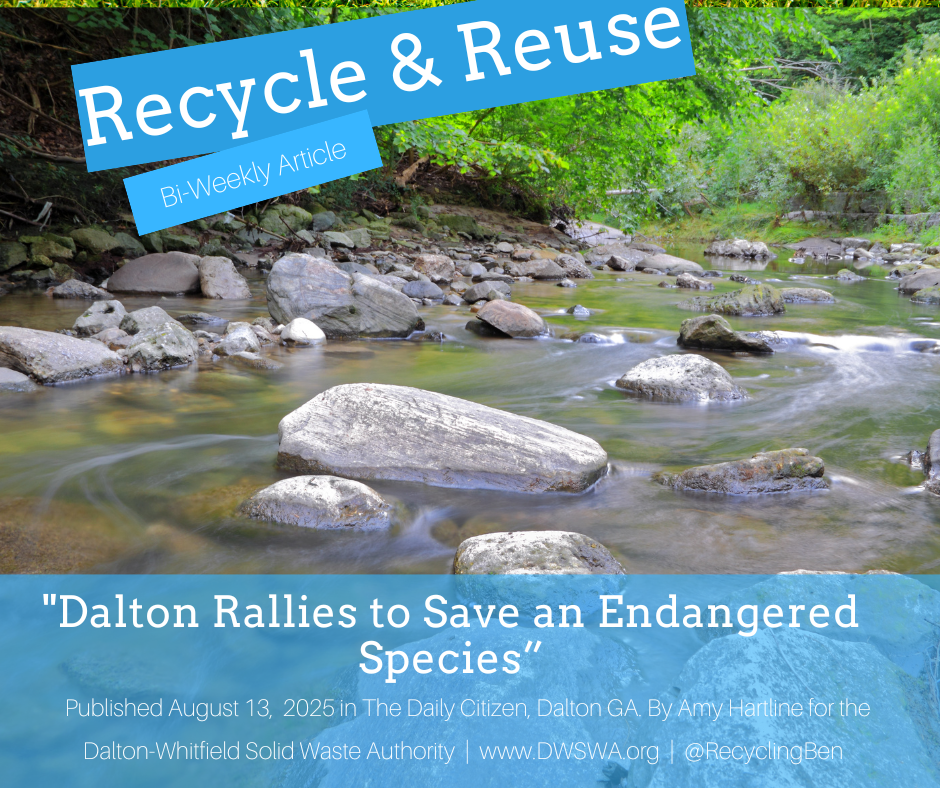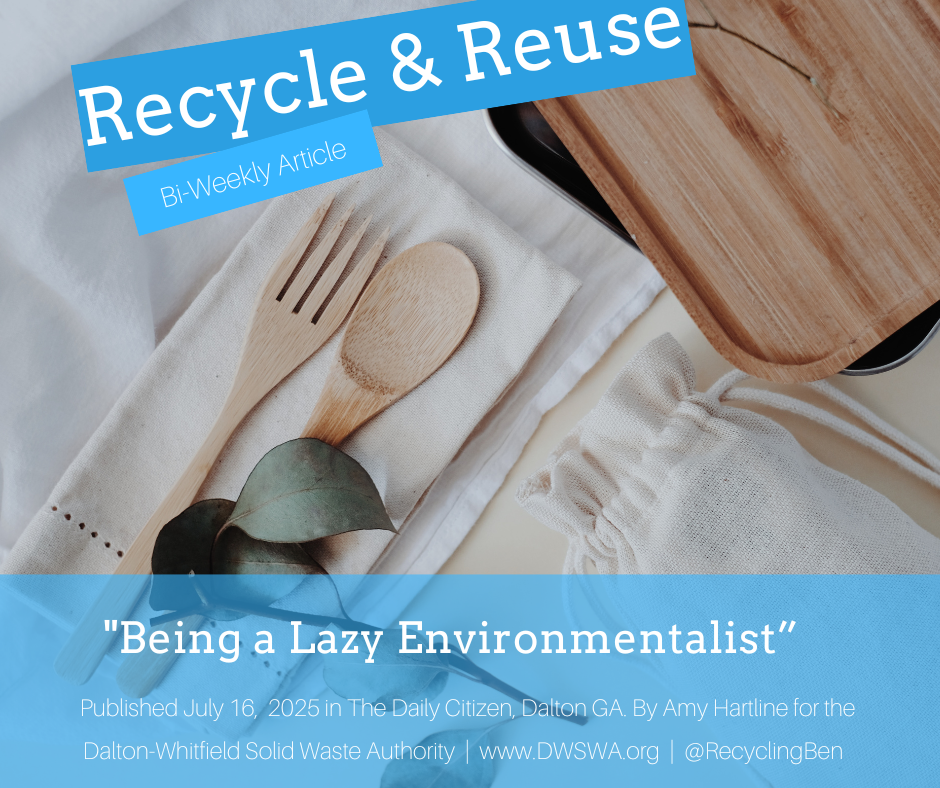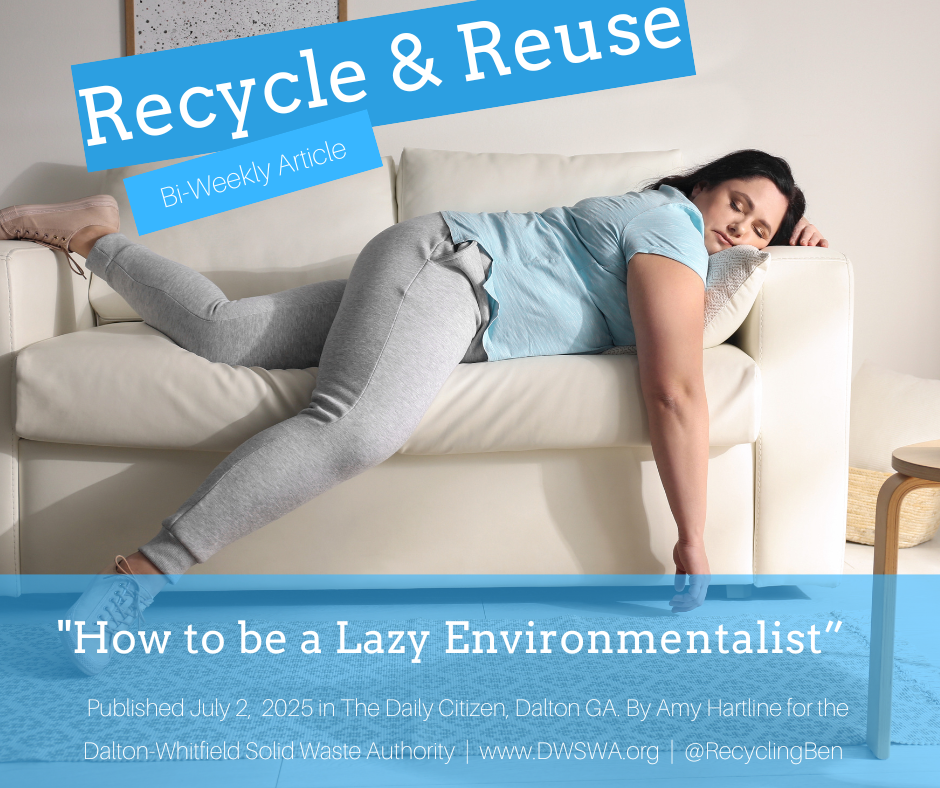National Environmental Education Week
/You’re never too young to learn more about the environment. During Environmental Education Week take some time to learn more about how we are all dependent on the same environment.
The week of April 17 to the 23 (2016) is recognized as National Environmental Education Week which is organized by the National Environmental Education Foundation (NEEF). This nationwide celebration aims to inspire environmental learning and stewardship among students by connecting educators with environmental resources to promote K – 12 student’s understanding of the environment. Participants range from traditional public schools to nature centers, zoos, aquariums, parks, and museums where individuals bring environmental education to youth.
According to NEEF “Whether you are an educator looking to engage your students and inspire real-world problem-solving in the classroom, a homeschooling parent looking to encourage leadership in your children or a community leader looking to promote local habitat conservation, participating in Environmental Education Week is a terrific way to enhance learning and bring about positive change in your school and community.”
The 1999 U.S. EPA publication, Environmental Education Advances Quality Education, states that environmental education (EE) is a learning process that increases knowledge and awareness about the environment and develops skills that enable responsible decisions and actions that impact the environment. This type of learning encourages inquiry and investigation that leads to the development of critical-thinking, problem-solving and effective decision-making skills.
Environmental Education also allows for individuals to examine all sides of an environmental issue without advocating a particular viewpoint or course of action. This is called environmental literacy. With a combination of skills and the ability to see the environment as a whole an individual can make better decisions about how they will impact the planet. This could be as simple as deciding to recycle daily, or choosing to buy reusable instead of disposable items.
There are many curriculum programs available with an EE theme. Some of the most recognized are Project WET (projectwet.org), Project Learning Tree (plt.org), and Project WILD (projectwild.org). Each of these contains dozens of lessons that include national learning standards, recommended ages, and background information for teachers. All of the lessons are hands-on and allow for students to interact with each other. Outdoor spaces are highly recommended, but most of the lessons can also be done in a classroom setting.
One of my favorite lessons from Project Learning Tree is called We All Need Trees. In this activity, students investigate several products that may or may not be made from trees. Some of the products included are a wooden ruler, newspaper, cereal box, pecans, apples, natural latex gloves, parmesan cheese, and chocolate sprinkles. After the students finish the analysis they come together to discuss their findings.
You can imagine their surprise when they learn that all of the products on display are made completely from trees or have a tree part in them. Parmesan cheese, for example, has cellulose, while natural latex is made from sap from what’s commonly called the rubber tree. As a result of this lesson, students become more aware of how certain types of products that we use or consume are dependent on the environment, and how we, in turn, are too. They also recognize that recycling paper helps to conserve trees since paper comes from trees.
At the national level EE gets support from the North American Association for Environmental Education (NAAEE.org) who specializes in connecting environmental educators across the country. Their signature event is an annual conference, however, they support formal and non-formal educators alike year round with online training opportunities, and informative articles and research.
At the regional level, there is the Southeastern Environmental Education Alliance (southeastee.org) which offers similar services states like Georgia, South Carolina, Alabama, and Florida. At the state level, the Environmental Education Alliance of Georgia (eealliance.org) provides support for hundreds of educators throughout the state that are advocates for EE. In March 2017 both the Southeastern and Georgia organizations will be hosting a joint conference and research symposium in Gwinnett’s Environmental and Heritage Center.
If you’re a teacher seeking resources and lesson plans you can visit Environmental Education in Georgia (eeingeorgia.org). This site is a directory of organizations, events, schools, and resources geared towards K-12 students. Another great organization is the Children and Nature Network (childrenandnature.org) which specializes in encouraging play outdoors. Their site includes information about webinars and leadership training for the next generation of conservation leaders.
Locally the Dalton-Whitfield Solid Waste Authority is proud to provide environmental education opportunities to local schools that recycle with their Target Recycling at School program (dwswa.org). The program is complementary and may include class visits and tours of the recycling center and landfill. For more information or to reserve a book a visit call 706-278-5001.
































